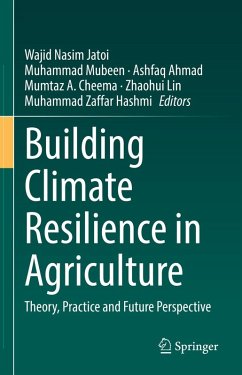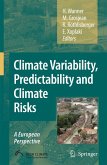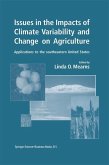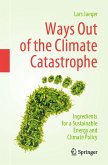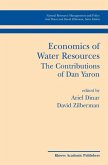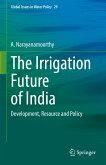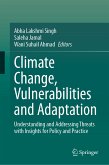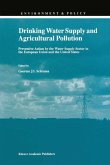This volume discusses the need to adopt Climate-Resilient Agriculture (CRA) practices to address the increasing global impact that climate change has on agricultural productivity and agriculture-dependent communities. This approach applies technological, policy and economic measures to achieve sustainable agricultural growth in the sectors of grain, fruit, vegetable, fiber, feed, livestock, fisheries and forestry, with the ultimate goal of adapting and building resilience to climate change. The book also uses GIS, crop modeling and remote sensing techniques for future climate resilience applications in agriculture, and covers pest control measures that avoid the use of pesticides to boost crop and livestock productivity for improved food security. The book will be of interest to researchers and students in environmental science, climate science, sustainability and agriculture, as well as policy makers and environmental organizations.
Dieser Download kann aus rechtlichen Gründen nur mit Rechnungsadresse in A, B, BG, CY, CZ, D, DK, EW, E, FIN, F, GR, HR, H, IRL, I, LT, L, LR, M, NL, PL, P, R, S, SLO, SK ausgeliefert werden.

